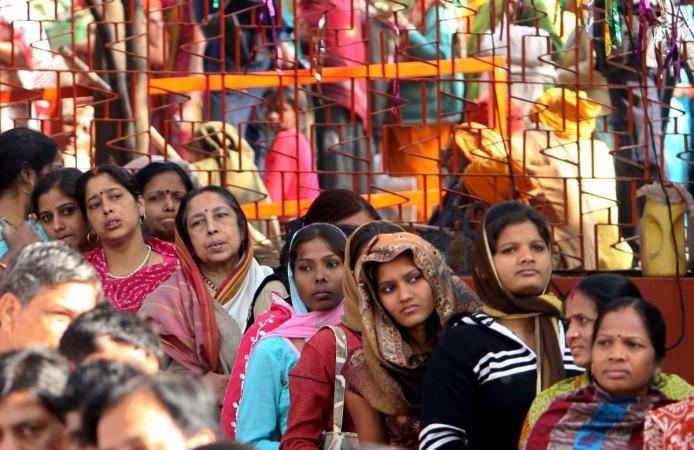
Approximately 38.4 percent of married women in India face sexual violence by their partners whereas around 45.2 percent of women could not use condoms just because their partners/husbands refused to do that, according to a report published in the Indian Journal of Community Medicine (IJCM).
The report is based on the study conducted by the department of obstetrics and gynaecology of a tertiary care hospital in New Delhi and also on the data derived from the National Family Health Survey.
As highlighted in the report, Indian women, particularly married ones, are often subjected to intimate partner violence (IPV), which includes sexual and physical violence and verbal abuse.
It said that sexual violence was seen in 38.4 percent of the cases, physical violence in 22.4 percent of the cases, and verbal abuse in nearly 32.7 percent of the 401 women who participated in the study.
Shockingly, nearly 88 percent of the women who faced various kinds of violence by their partners/husbands did not react to it.
"In response to any of the three violence faced, only 11.8 percent women reacted by discussing with parents and friends. In 4.61 percent of the cases, the violence was so severe that the women had to inform the police," according to the report.
The study said that a majority of the women (52 percent) who faced violence were in the age group of 21-25 years. In most cases (65 percent), the women encountered violence in the first few years of their marriage ( between 2-10 years).
IPV was particularly associated with the economic status and education of women and their husbands. A majority of the cases of violence occurred among men and women whose education was below primary level.
Almost 93 percent of the women who faced violence were housewives and were financially dependent on their husbands.
Sexual Violence
The report revealed that 45.14 percent of the women could not use condoms just because it was their husband's decision. Nearly 16 percent of the women were not aware of the use of condoms, whereas 9 percent were too shy to ask their husbands for their usage.
Only 2 percent of the husbands in these cases accepted their wive's request of the use of contraception.
No reproductive control of woman in Indian households
The study highlighted that Indian women do not have complete reproductive autonomy and it is usually men or mother-in-law who decide about pregnancy issues.
"In our male-dominated society, there is no reproductive autonomy that means, a woman is never allowed to make independent choices regarding family planning. Decisions regarding getting pregnant or to avoid pregnancy are mostly taken either by husband or mother-in-law. This reproductive control by a man can exist in several forms — economic or monetary control (depriving a women by not giving her money to buy contraceptives), emotional (accusing her of not trusting him, telling her that due to work stress he forgot to buy contraception), and physical (getting angry and violent on her contraceptive requests). Many a time they just ignore her advice regarding contraception. All these behaviors expose her to the risk of recurrent pregnancy and at times, recurrent induced abortion," the report said.
The study concluded that the women who faced various forms of intimate partner violence were more likely to use contraception than those who did not face such violence, simply to avoid unwanted pregnancies.















